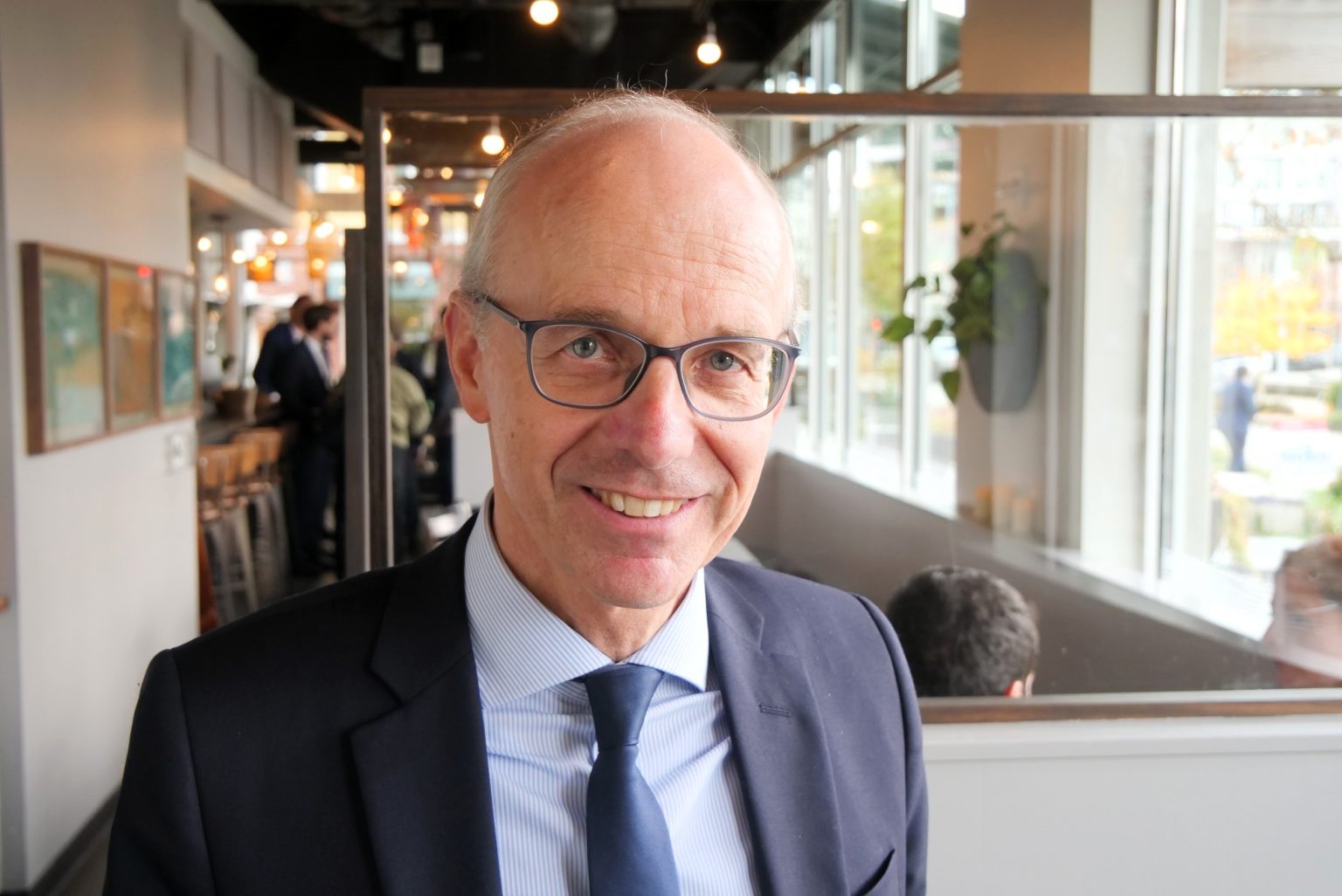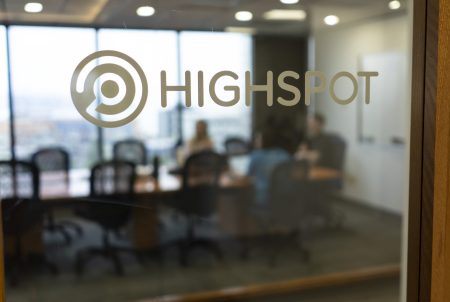Luxembourg’s Prime Minister Offers a New Perspective on Amazon Relationship During Seattle Visit
In a striking contrast to Seattle’s often strained relationship with Amazon, Luxembourg Prime Minister Luc Frieden recently visited the Pacific Northwest with a fundamentally different message about how his country approaches the tech giant. During his West Coast tech tour, Frieden sat down with GeekWire in a Redmond restaurant to explain how Luxembourg—a small European nation of just 660,000 people—has fostered what he describes as a mutually beneficial partnership with Amazon, which employs over 4,250 people as the country’s second-largest private employer. “We consider Amazon almost to be a Luxembourg company,” Frieden explained, calling the tech giant “a very good corporate citizen” and a “strategic partner.” This warm relationship stands in stark contrast to Amazon’s rocky history with Seattle, where local leaders have frequently clashed with the company over taxes, regulations, and growth concerns. The 61-year-old prime minister, who previously served as Luxembourg’s finance and justice minister before returning to lead the country in 2023, attributes this harmony to Luxembourg’s intentionally business-friendly approach: “We are business friendly, we are open, we are stable, [and] we are predictable.”
Luxembourg’s successful economic strategy extends beyond just Amazon. As a founding member of the European Union, the small nation has transformed itself into one of Europe’s wealthiest countries by cultivating a business environment that attracts international companies. During his Pacific Northwest tour, Frieden visited Microsoft, Boeing, and Amazon while meeting with Seattle tech, business, and venture capital leaders—all part of what Luxembourg media described as a high-stakes mission to “court leading AI firms” and “strengthen economic, technological, and scientific partnerships.” This outreach comes at an interesting time for Seattle, as businesses in the region face new state and local taxes that raise questions about the area’s long-term economic competitiveness. Luxembourg’s approach offers an intriguing counterpoint, demonstrating how a smaller jurisdiction can maintain sovereignty while embracing major tech players rather than viewing them with suspicion.
When questioned about whether Luxembourg’s reliance on U.S. tech companies like Amazon might compromise the country’s digital sovereignty—a concern raised during Frieden’s recent European Parliament appearance—the prime minister firmly rejected the idea of any conflict. “Digital sovereignty does not mean that you cut yourself off from the rest of the world,” he explained. “It’s only about having some control over your data, and that is a legitimate goal, I think, for any government, for any region.” He pointed to Luxembourg’s partnership with Google—called Clarence, a joint venture with Belgium’s Proximus—as a practical example of maintaining data sovereignty while still collaborating with American tech giants. This sovereign cloud solution has already been adopted by Luxembourg’s financial regulator to develop AI applications, demonstrating that national control and international partnership can coexist. This balanced approach reflects Luxembourg’s broader philosophy that openness to global innovation can strengthen rather than weaken national interests.
On the pressing issue of AI regulation, Frieden expressed concern about the fragmented approach in the United States compared to Europe’s more comprehensive AI Act. “It’s the wrong approach, because AI is by nature global,” he stated, arguing for greater alignment between European and American regulatory frameworks. While he considers the EU’s AI Act more thorough, Frieden also acknowledged its complexity, revealing that he’s among the European leaders pushing for simplification: “Like in many areas of European regulation, it is a little bit too complicated. That’s why I am among those heads of state and government who have asked the Commission to simplify the rules.” Rather than viewing the AI revolution with apprehension, Frieden takes a decidedly optimistic stance, comparing it to previous technological breakthroughs like electricity and the internet. He believes political leaders face a choice between “supporting the fear of the people, or encouraging people to embrace technological change,” and firmly positions himself in the pro-innovation camp, stating that “every technological innovation has brought positive changes to mankind.”
The Luxembourg-Seattle connection extends beyond just Amazon to include a shared interest in space exploration. Luxembourg has established itself as a global space sector leader over the past 40 years, initially as a satellite hub for companies like SES and Intelsat, and more recently through its SpaceResources.lu space mining initiative. The country recently announced “Project Oasis,” a partnership with Kent-based Blue Origin—founded by Amazon’s Jeff Bezos—to map lunar resources. This collaboration illustrates how Luxembourg approaches space, science, and technology as interconnected rather than competing priorities. “We developed three strategies: an AI strategy, a data strategy and a quantum strategy,” Frieden explained, with space activities integrated across these frameworks. This holistic approach to innovation policy mirrors Luxembourg’s broader economic strategy—identifying emerging sectors and creating favorable conditions for both domestic and international companies to flourish.
Luxembourg’s approach appears to be generating positive results beyond just corporate investment. According to anecdotal evidence mentioned during the interview, U.S. tech workers—especially from Amazon—who are assigned to Luxembourg from Seattle or the Bay Area often resist returning home. When asked about this phenomenon, Frieden attributed it to Luxembourg’s exceptional quality of life, including its safety, diversity (half the country’s residents are foreign nationals), and strategic location near major European cities like Paris and Amsterdam. “It’s a very peaceful country,” he noted, suggesting that this combination of factors creates a uniquely attractive environment for international tech talent. This human element underscores perhaps the most significant lesson from Luxembourg’s experience: that economic development, technological innovation, and quality of life need not be competing priorities. Through thoughtful policies and partnerships, Luxembourg has positioned itself as both a global tech hub and a desirable place to live and work—a balancing act that cities like Seattle continue to struggle with as they navigate their own relationships with tech giants like Amazon.













